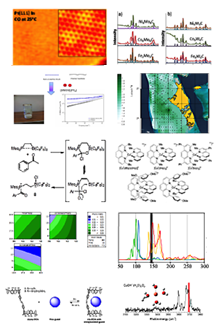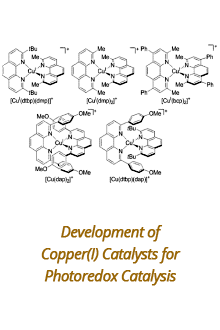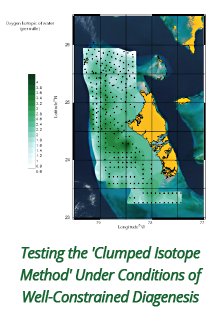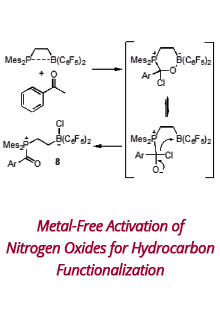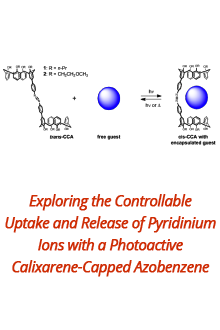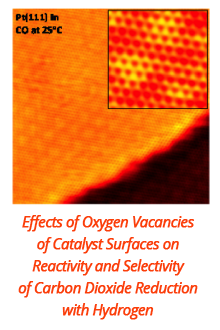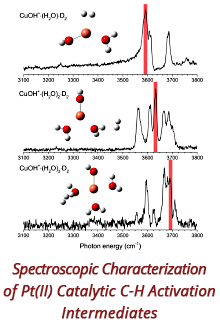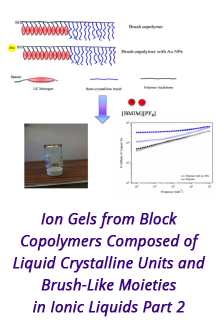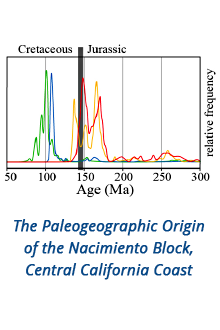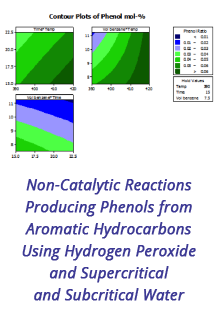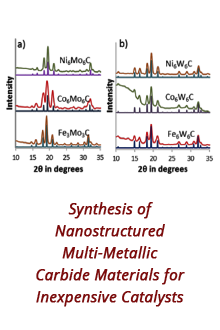Reports: ND152184-ND1: Organocatalytic Routes to Stereogenic, alpha, alpha-Disubstituted Cycloalkanones
Rich G. Carter, PhD, Oregon State University (Corvallis)
As disclosed in last year’s report, we were able to demonstrate the viability of this concept on a series of substrates, which was disclosed in 2012 in an Organic Letters manuscript (Org. Lett. 2012, 14, 3178-3181). As part of the proposed work in our ACS PRF grant, we attempted to extend this chemistry to beta- substituted electrophiles, but were unsuccessful (disclosed in 2013 report). We proposed in our last report to look at a variant of the original concept using radical chemistry to construct these all-carbon quaternary centers based on some compelling precedent by Cossy, Shono, China and others.
In summer of 2013, my talented postdoc (Dr. Jun Yong Kang) who had been the driving force on these projects from their infancy left to start an independent academic career at UNLV as an Assistant Professor of Chemistry. His work supported by ACS PRF was key to enabling him to get this job. I had a new graduate student, Haoyi Yao, who took over these projects. I had high hopes for Haoyi – she can highly recommended from University of Toledo where she worked for Kana Yamamoto there. I tasked her with exploring the radical chemistry proposed in the 2013 annual report. Despite her considerable efforts, we were unable to obtain any encouraging results using the Mn(OAc)3 conditions that Cossy (and Snider) popularized. In all experiments, we observed only considerable decomposition and or complex mixtures of compounds. We have not given up all hope yet on this concept, but these were disappointing results.
During this past year, a compelling collaborative opportunity developed for Haoyi working on a computation / synthetic project with Professor Paul Ha-Yeon Cheong looking into computationally designed organocatalysts to facilitate site-selective modification of basic biofuels (e.g. polyols). Haoyi started to get up to speed on this project. After investing a few months working towards this goal, Haoyi announced to me that she intends to leave organic chemistry completely for personal reasons. This was a major blow to our efforts to fully explore these concepts. Initially, she indicated that she planned to stay through the end of 2014 and would complete her efforts here, but this summer she suddenly announced she would be leaving in a few weeks. As she was not wanting a degree or a reference letter, it was challenging to find a compelling motivational tool to get her to complete her assigned work. It is frankly embarrassing to share this information with a funding agency (I have never been put in such an uncomfortable position on a project by a student before), but its important to convey to ACS PRF one of the reasons that we requested the no-cost extension on the grant.
These shortcomings also negatively impacted our ability to complete the full paper of the thiourea paper that we had hoped to submit earlier this year. I have now got a new postdoctoral scholar who will assist me in cleaning up the remaining details on a series of projects that we need to bring to completion. I hope to submit the thiourea paper this fall and start to explore this collaborative work in urgent with the new postdoc. We also will revisit the radical chemistry to see if a fresh pair of eyes will have a more insightful viewpoint on its reactivity.

